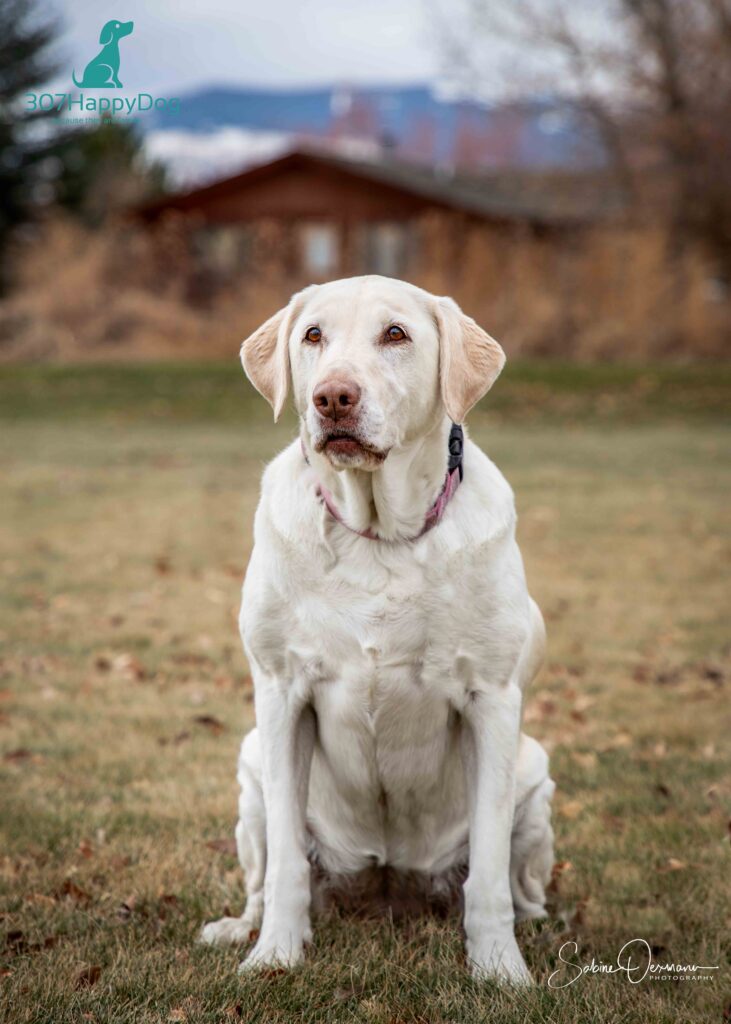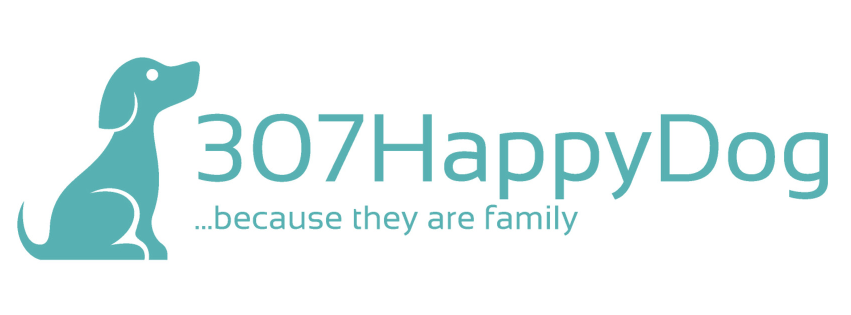Learn more about the world of dog training
As a member of the Pet Professional Guild, we would like to help educate the public about responsible dog ownership based on trust and understanding for each others’ needs.

For those who are interested, here we will provide background information and helpful readings about the dog training world that will lead to a more thorough understanding of why we do things the way we do. Scroll down and dive into some interesting reads.





FAQs
Why use positive dog training?
Our goal is to provide a positive training experience that keeps both, the owner and the dog happy while improving their communication. Please read about why positive training with dogs is so important in the position statement of the American Veterinary Society of Animal Behavior (AVSAB) here.
Why was the Alpha dog theory debunked?
If you read up on dog training or talked to friends and family, you may have received the advice that you need to “be the boss” and “dominate your dog”…or anything along those lines. This training approach has been long overhauled. Unfortunately, it stubbornly persists to stay in a lot of people’s heads and a lot of popular trainers with big online followings and powerful marketing, until today promote this harsh approach. Read more about why this theory has been debunked a long time ago and why this training approach can have detrimental effects on your dog’s mental health and your relationship.
Why do we not use e-collars?
With the rise of social media and dog training “influencers,” e-collars have gained more traction due to a resurgence in their popularity. E-collars are dog-training devices used to deliver several stimuli to the dog wearing the collar, including auditory, vibration, and electric shock. The dog learns to avoid the shock. However, these collars can have severe side effects ranging from fear, anxiety, pain and severe injuries. Please read more about why we do not recommend the use of these collars, also not in underground fences.
What to know about my new puppy?
Bringing home a puppy is a wonderful experience but more than once I heard my clients say that they had forgot how much work it actually is. Many things are great but so many things can also go wrong. There is plenty of information about how to best prepare for your pups arrival. Here is one example of what supplies to get before the arrival of your pup. Find some valuable information here about why socializing your puppy is so important right in the beginning and why you should get detailed information about how your puppy was handled before his arrival at your home. And here is an interesting article about what not to do in regards to your pup’s behavioral development. Enjoy the read!
Are dogs like children?
Humans are animals, too. Many people don’t love this statement but biologically (and scientifically proven), this is a fact. There are huge similarities in body functions, body language and emotional responses. Brain responses to stressors are measurably similar. Body expressions to positive events are strikingly recognizable as well. So, if you start looking at your dogs as an emotional being it is incredibly helpful to compare them to a toddler to better understand their training journey. Please listen to this insightful post from Denise Fenzi about the topic.
Why does owner involvement in the training matter?
One-on-One Coaching (also called private dog training) means the dog trainer works directly with you and your dog—usually in your home or real-life environments. This training is customized to your dog’s needs and your lifestyle. You’ll learn how to read your dog’s body language, communicate clearly, and handle behavior challenges confidently.
Board and Train Programs, on the other hand, involve sending your dog to a trainer’s facility for several days or weeks. While dogs may learn basic obedience or behavior skills there, the owner is not present—so when your dog returns home, it often struggles to apply what it learned in a completely different environment.
Why Owner Involvement is Essential
Dogs don’t generalize behaviors easily. A dog might “sit” perfectly at the trainer’s house—but ignore you at home or in the park. Long-term success comes from the relationship between you and your dog, not just from temporary obedience in a controlled setting.
With one-on-one coaching, you’re not just getting a trained dog—you’re becoming a skilled, confident dog handler. That means fewer behavior setbacks, stronger trust, and real-life results that stick. This is why we include several owner involved sessions in our Board and Train program and offer Day School where the dog stays in the home environment, gets intense training with a professional trainer and can practice with the owner right away.

